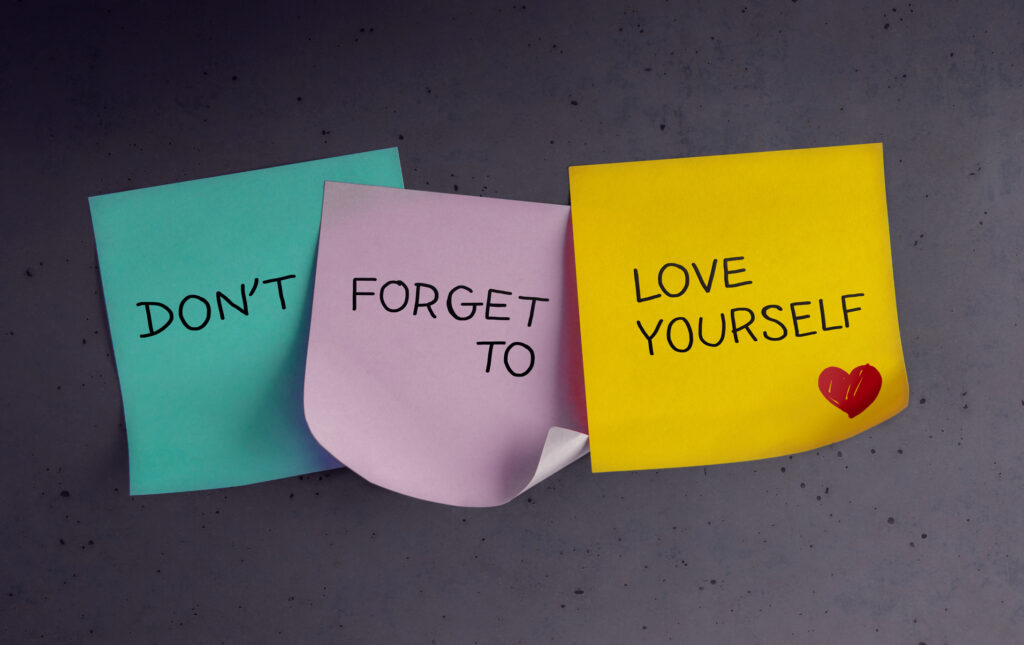
“When you say ‘yes’ to others, make sure you are not saying ‘no’ to yourself.”– Paulo Coelho
Have you ever found yourself overwhelmed, saying “yes” to commitments that drain your time and energy? This is something I had to really struggle with—finding my limits and giving myself space, while still helping those I care about. It’s easy to confuse being helpful with being available all the time. But here’s the truth: setting boundaries isn’t selfish—it’s essential for your well-being and success.
Research by Dr. Brené Brown shows that the most compassionate people also have the clearest boundaries. Why? Because healthy boundaries allow you to show up fully without resentment or burnout. Boundaries clarify what you need, protect your energy, and create room for what matters most.
Today, let’s dive into how setting and maintaining boundaries can make this your most focused, peaceful, and productive year—and actionable ways to create boundaries that support your goals.
But first, you can subscribe to my Daily Piece of Peace Newsletter—it offers messages like this one, it’s free, and it comes every day to peace-up your life! (And if you want more resources, visit DrElizabethScott.com.)
Boundaries Are Bridges, Not Walls
“Daring to set boundaries is about having the courage to love ourselves, even when we risk disappointing others.” – Brené Brown
Healthy boundaries create space for joy, growth, and peace. A study published in The Journal of Occupational Health Psychology found that employees who set clear work-life boundaries reported lower levels of stress and burnout. By defining when work ends and personal time begins, you create mental space for rest and recovery. Set a boundary today, like turning off work notifications after a certain time.
Dr. John Gottman, one of my favorite relationship researchers, shows that setting boundaries within relationships fosters trust and mutual respect. When you communicate your limits clearly and kindly, you prevent misunderstandings and resentment. You can practice saying, “I’d love to help, but I’m not available during that time—can we find another way?”
Another study from the University of California found that frequent interruptions reduce productivity and increase errors. By setting boundaries around your time and focus, such as blocking “deep work” hours, you can accomplish more in less time. See if you can start with a 1-hour block today where you turn off distractions and focus on one important task.
Below, here’s some more of what the research has to say about this:
Use my Resilience Toolkit and Workbook
Research Says:
Boundaries Enhance Self-Esteem
Research by Dr. Nathaniel Branden indicates that respecting your own limits builds self-worth and confidence. When you honor your needs and prioritize your well-being, you reinforce the belief that your time and energy are valuable.
Take Action: Give yourself permission to say “no” without guilt when a request doesn’t align with your priorities.
Boundaries Support Emotional Regulation
A study by Dr. Marc Brackett, author of Permission to Feel, highlights that setting emotional boundaries—such as choosing when and how you engage in conversations—helps prevent emotional overwhelm.
Take Action: Practice pausing before responding when emotions run high and ask, “Is this the right time to engage?”
More: Use my app for more quick ways to minimize stress. There’s both a social support component (messaging with me) and a progress-monitoring component (goal trackers, baby!) so let me set up a free account for you!

Actionable Steps to Take:
Define Your Non-Negotiables: List 3-5 areas in your life where you need stronger boundaries (e.g., work hours, social events, screen time).
Communicate with Clarity: Use clear but kind language when setting a boundary, such as, “I can’t stay late today, but I can help tomorrow.”
Schedule Protected Time: Block time in your calendar for uninterrupted focus or rest and treat it as a non-cancelable appointment.
Practice Saying “No”: Start with low-stakes situations to build confidence in saying “no” when needed.
Set Digital Boundaries: Turn off non-essential notifications or set your phone to “Do Not Disturb” during key hours.
Create a Wind-Down Ritual: Establish a nightly routine that signals the end of work and the start of rest.
Use a Boundary Reminder: Write a reminder, such as, “My energy is a resource,” and place it somewhere visible.
Check in with Yourself: Regularly ask, “Is this request in line with my priorities, or is it draining my energy?”
Set Social Boundaries: Politely excuse yourself from draining conversations by saying, “I need to step away for a bit, but let’s catch up later.”
Celebrate Boundary Wins: Acknowledge and reward yourself when you honor a boundary—it reinforces the habit.
Want more support? Use My Resilience Workbook and Toolkit
